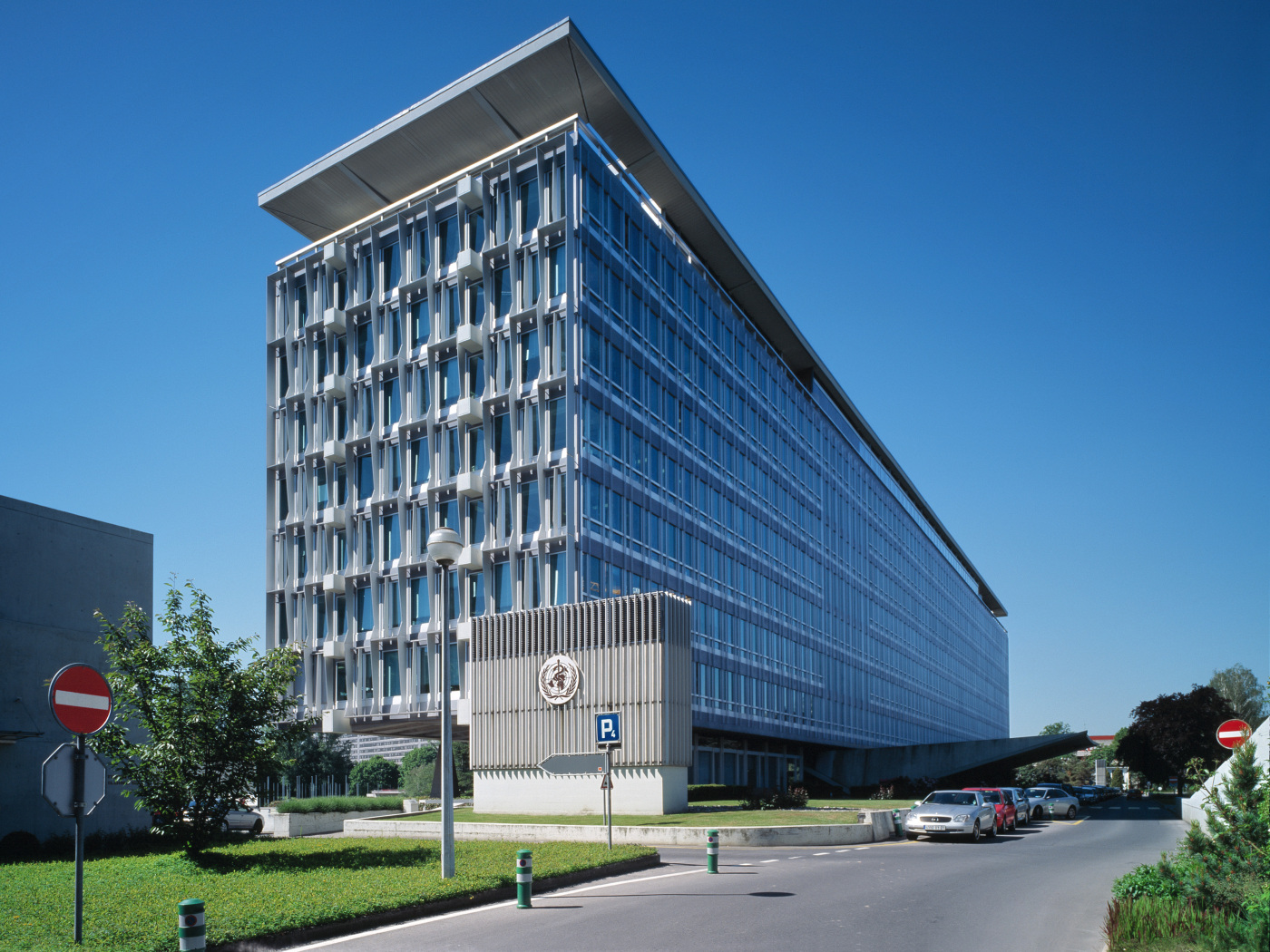
WHO must cut budget by 20% after US withdrawal

The Geneva-based World Health Organization (WHO) has proposed cutting its budget by a fifth. This comes after its largest contributor, the US, decided to withdraw. The organisation must now reduce its tasks and staff, it said.
+Get the most important news from Switzerland in your inbox
The WHO is facing a funding gap of almost $600 million (CHF530 million) in 2025 and has “no choice” but to start making cuts, the institution’s director-general, Tedros Adhanom Ghebreyesus, said in an internal email obtained by the French news agency AFP. The letter was sent to employees of the UN health agency on Friday.
After moving into the White House in January, US President Donald Trump decided to freeze almost all US foreign aid, including for important programmes to improve health around the world.
+ Cuts threaten health of 13 million refugees, says UN
Trump justified his decision to withdraw his country from the WHO in January with the discrepancy between the financial contributions of the US and China and accused the organisation of “ripping off” his country.
The US was by far the largest contributor to the WHO’s budget: in the last two-year budget cycle for 2022 to 2023, it contributed 16.3% of the organisation’s total budget of $7.89 billion. The majority of US funding came from voluntary contributions for specific projects and not from a fixed contribution.
+ Is Geneva prepared for Trump’s – and others’ – cuts to foreign aid?
Ghebreyesus noted that the WHO was already struggling with financial constraints before the US withdrawal began and had started working on measures to increase its efficiency more than nine months ago. “Although we have achieved significant cost savings, the current economic and geopolitical conditions make the mobilisation of resources particularly difficult,” he wrote.
Translated from German by DeepL/ts
This news story has been written and carefully fact-checked by an external editorial team. At SWI swissinfo.ch we select the most relevant news for an international audience and use automatic translation tools such as DeepL to translate it into English. Providing you with automatically translated news gives us the time to write more in-depth articles.
If you want to know more about how we work, have a look here, if you want to learn more about how we use technology, click here, and if you have feedback on this news story please write to english@swissinfo.ch.

In compliance with the JTI standards
More: SWI swissinfo.ch certified by the Journalism Trust Initiative





























You can find an overview of ongoing debates with our journalists here . Please join us!
If you want to start a conversation about a topic raised in this article or want to report factual errors, email us at english@swissinfo.ch.